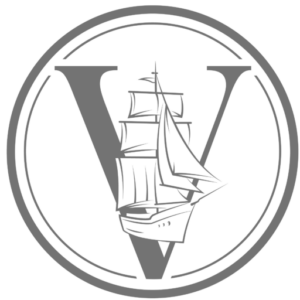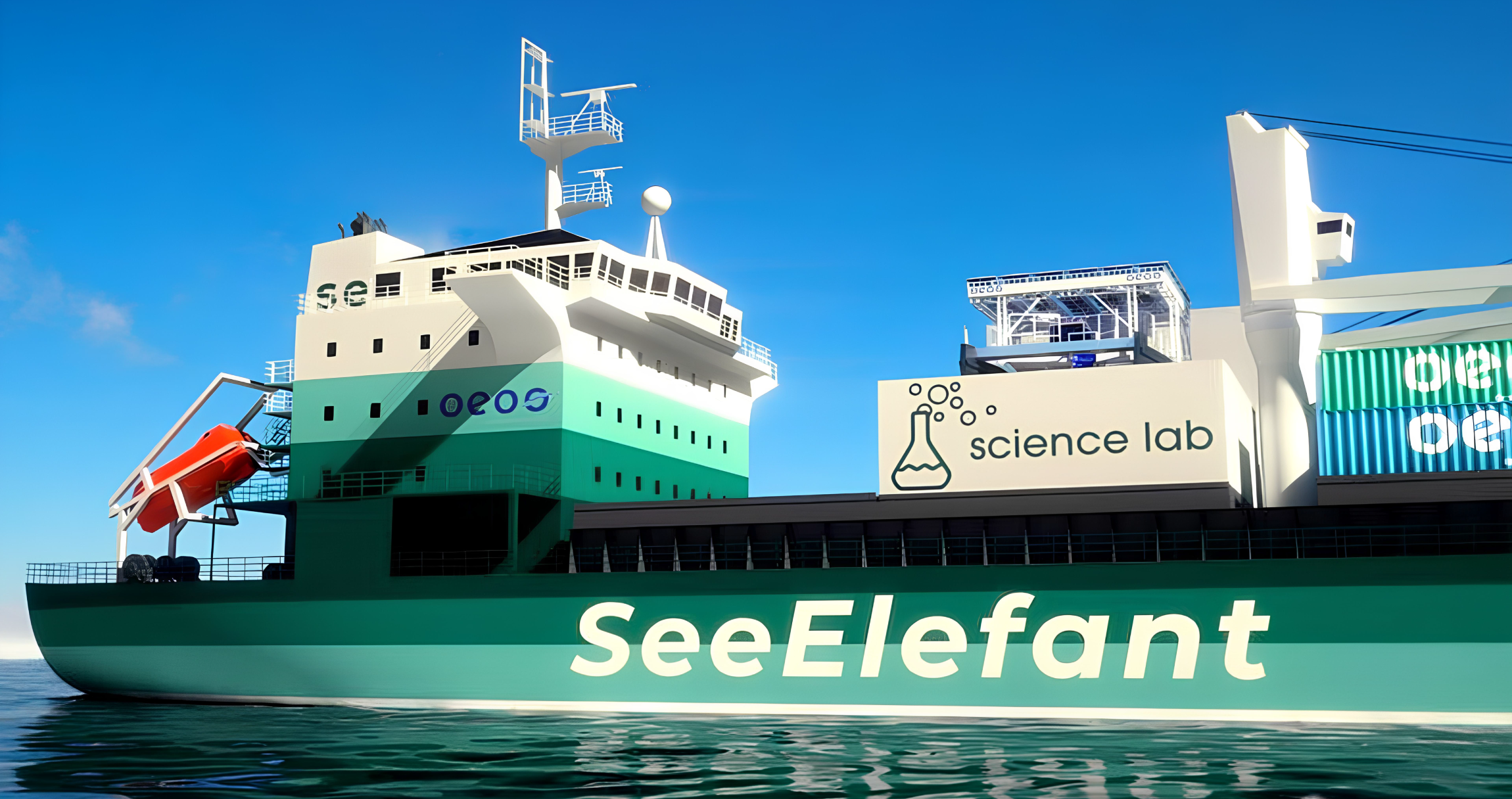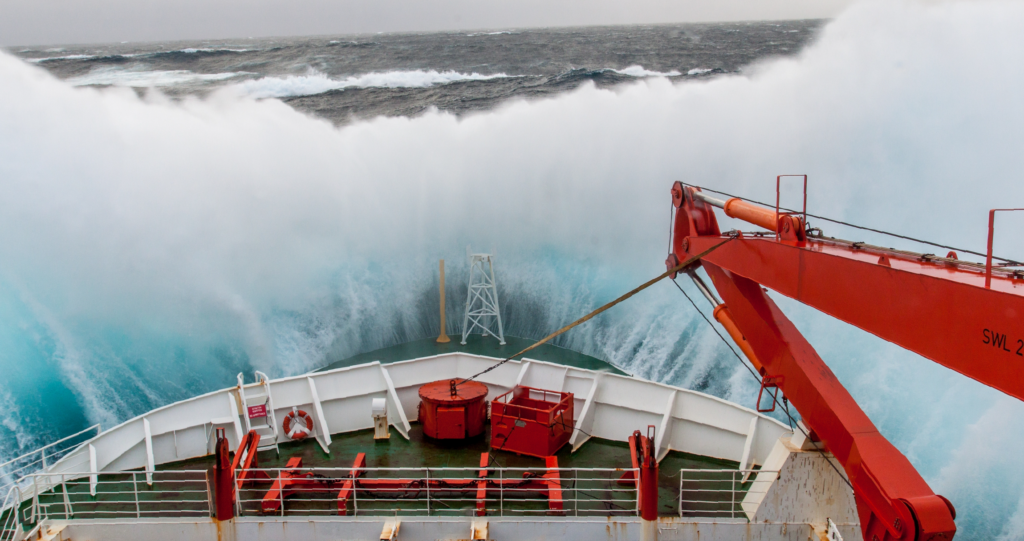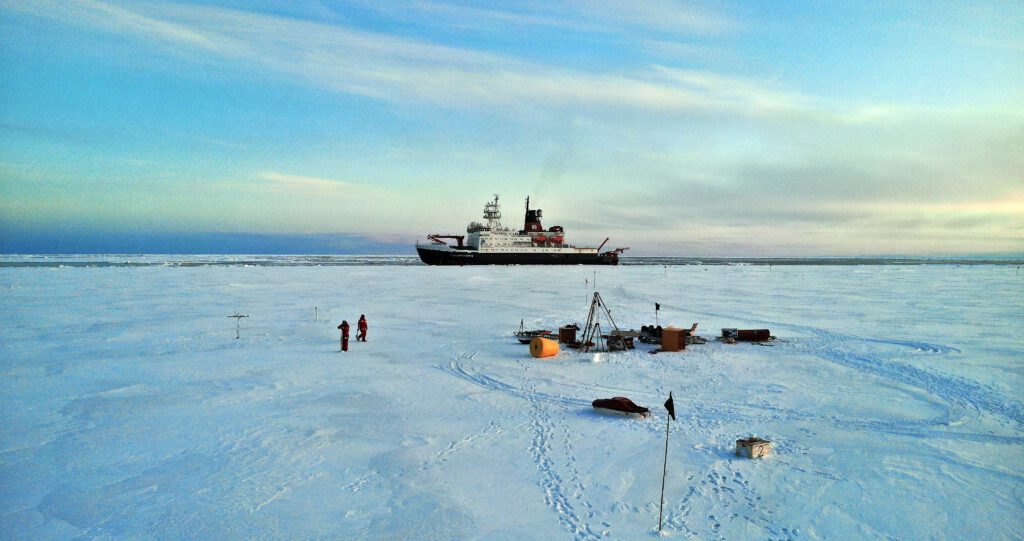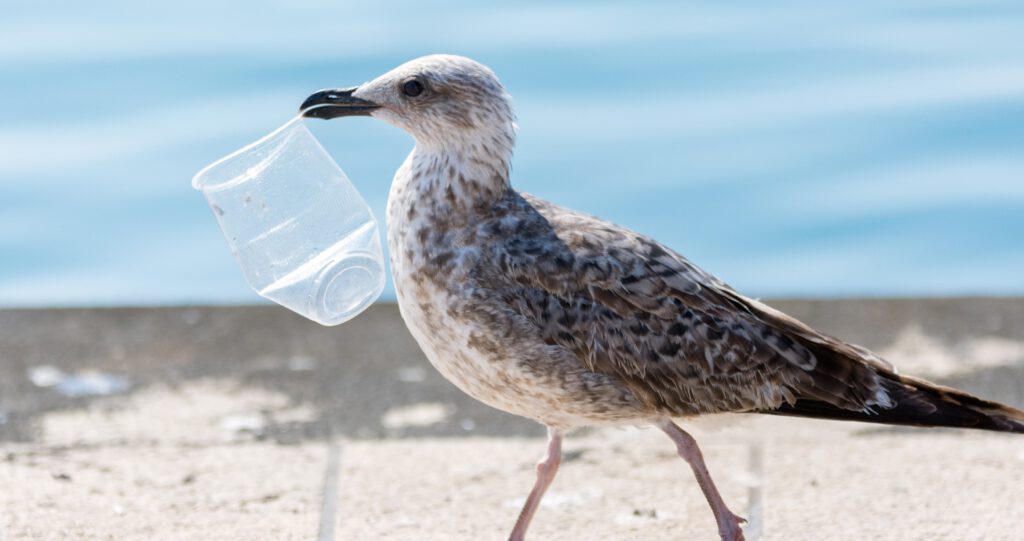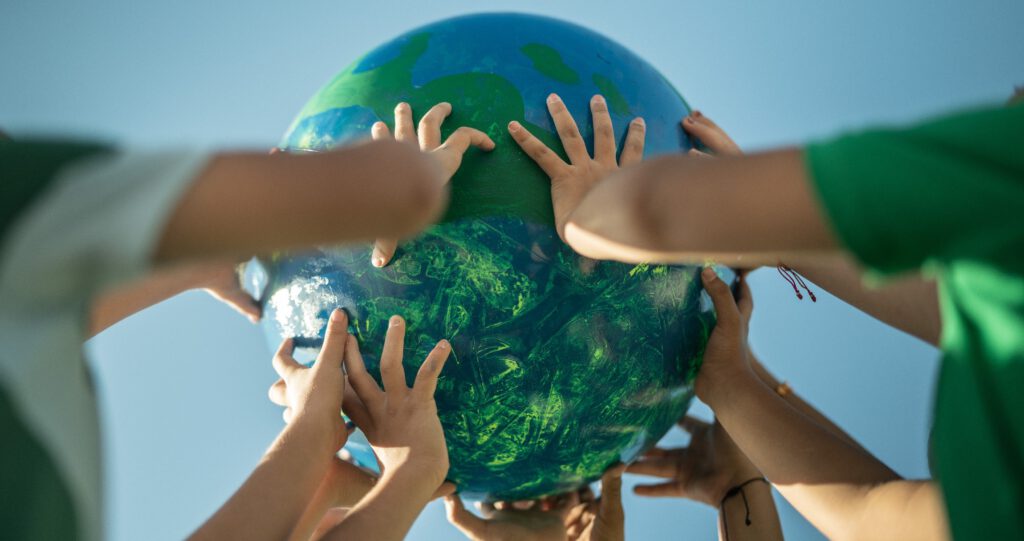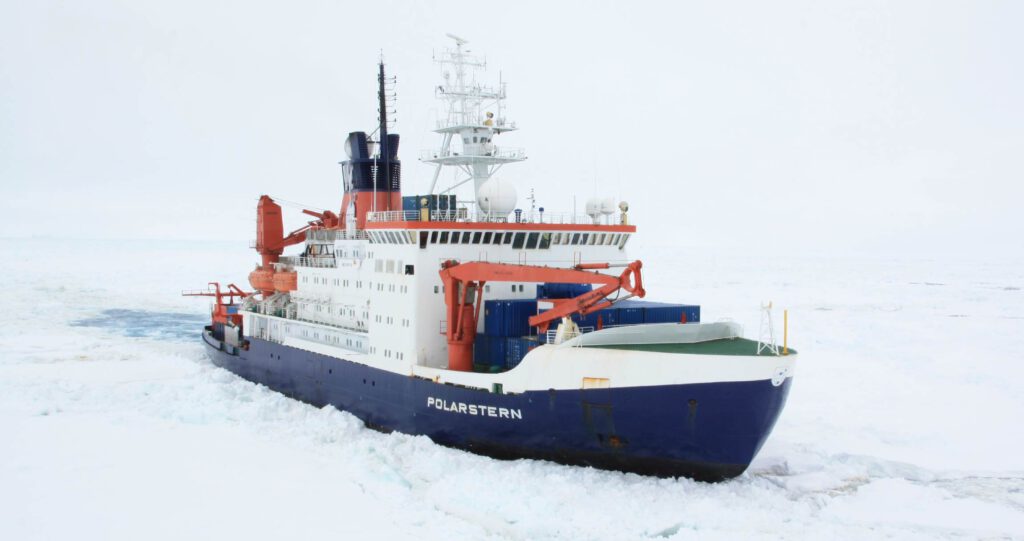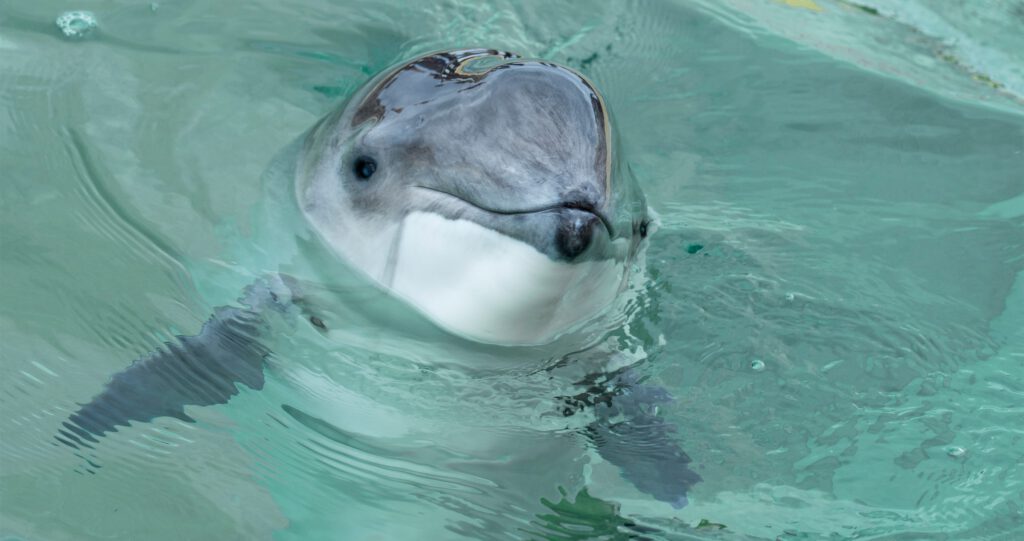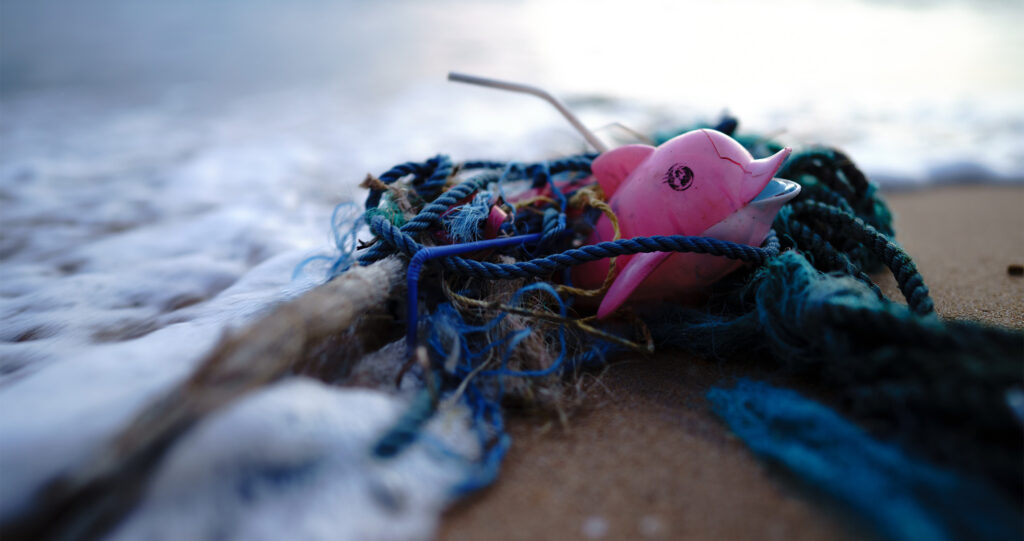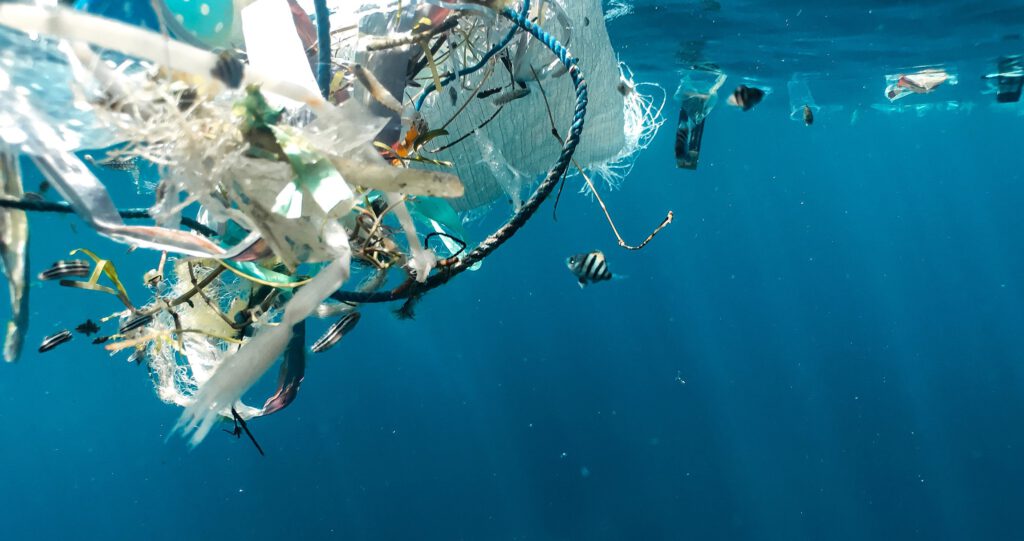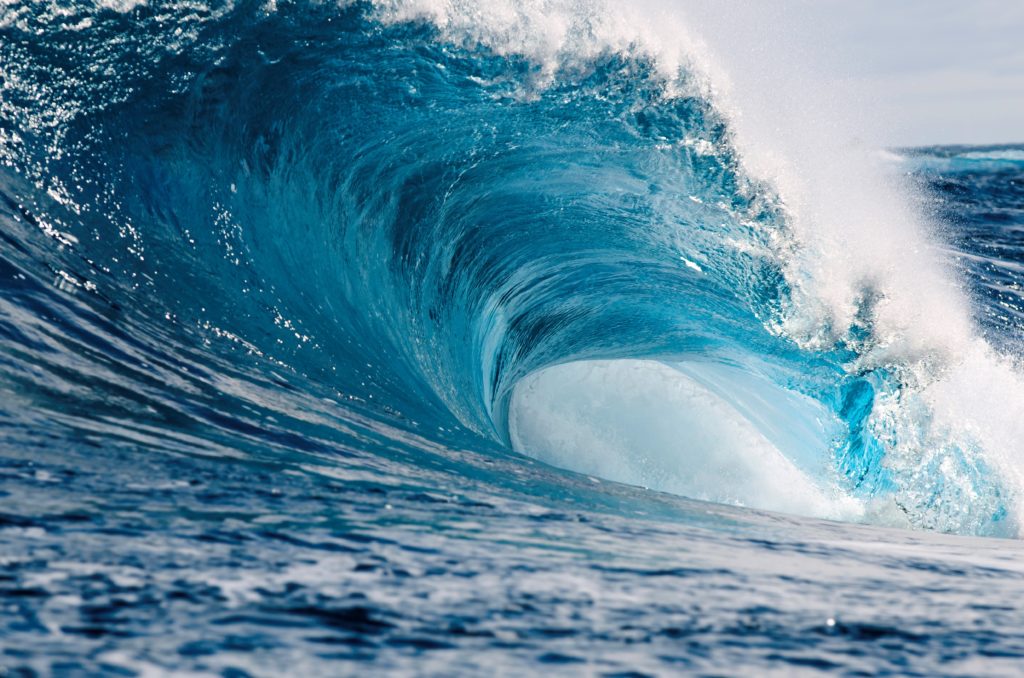Is it even possible to get to grips with the plastic waste in the world’s oceans? According to current estimates, there are over 150 million tonnes1; around 10 million tonnes are added every year. But there is hope. Projects such as “One Earth — One Ocean” are taking a stand against pollution — projects that deserve all the support they can get. We have already introduced you to some of them in our Future newsroom section, most recently the plastic fishermen from 4ocean . Now we are going one step further: in addition to the research work of the Alfred Wegener Institute, we at Valdivia are now also supporting the “Maritime Waste Disposal” of One Earth — One Ocean, or oeoo for short.
Global commitment, excellent work
“One Earth — One Ocean e.V.” is an environmental organisation based in Munich with offices in Kiel, Rio de Janeiro, Phnom Penh and Manila. Today, oeoo is permanently active in eight countries; the association organises selective collection campaigns in other locations. Its radius extends from Brazil, Uganda and Egypt via Europe to Cambodia, Malaysia, Indonesia and the Philippines.
The organisation is also involved nationally and internationally in research into microplastics well as educational and awareness-raising work on the topic of marine littering. In 2013, oeoo received the prestigious GreenTec Award, Europe’s largest environmental and business prize, for its marine litter disposal concept. This was followed by the European Inventor Award in 2017, the German Federal Ecodesign Award in 2019 and the Planet Hero Award in 2024.
Maritime waste as a recyclable material with a future
Typical hotspots such as estuaries and coastal areas offer the best starting points for maritime waste disposal. This is where the concentration of pollution is highest; the plastic waste is still relatively undivided and often floats on the surface as a literal carpet. The sad “frontrunners” are rivers such as the Yangtze, Ganges, Brantas, Mekong or Pasig and the coasts off megacities such as Jakarta, Hong Kong, Manila or Rio de Janeiro.
At the same time, access, logistics and energy costs are manageable at such locations. Plastic waste can be collected here using relatively simple, inexpensive means before it breaks down into microplastics or sinks into the depths and damages the environment for centuries to come.
However, the concept of maritime waste disposal goes far beyond simple collection. The material is already being sorted and, where possible, recycled. In future, the aim is also to generate energy and fuel from the plastic waste. At the same time, oeoo promotes social sustainability: local helpers receive fixed salaries and thus a reliable economic basis for themselves and their families.
An elephant that cleans
The local projects primarily collect waste using ships and boats. The organisation operates eleven smaller “SeeHamster” ships for inland waters and three larger “SeeKühe” ships in coastal marine regions. Both types generate part of their propulsion energy from wind and solar power. Two Zodiac inflatable boats and local fishing boats complete the oeoo fleet.
The “SeeElefant” (SeaElephant) project, which is to be deployed in just a few years’ time, is far more ambitious. The future flagship of the oeoo will be around 180 metres long and will collect and process 60,000 tonnes of plastic waste per year:
- The plastic waste is separated by type in the hold using an LVP sorting system, pressed into plastic bales and fed into the recycling system on land.
- A waste-to-energy plant, which uses sophisticated filter technology to comply with the highest international emission standards, generates electrical energy from the thermally utilisable sorting residues, most of which can be sold and fed into onshore power grids.
- A large research hall on deck offers space and possibilities for waste analyses and processing tests, e.g. using waste-to-fuel technology.
You can take part too!
Whether for the health of humans and marine life or for the economy, from fishing to tourism — the real value of the work of “One Earth — One Ocean” is hard to quantify. But one thing is certain: without such projects, our planet will soon no longer be a beautiful place. That’s why we support the oeoo and invite you, our readers, to join us! Find out more on the organisation’s website: I want to help.
Valdivia and the Sea — a profound connection
Draft in performance, passion for the sea — that’s how we found our name Valdivia. This is because “Valdivia” was the name of the first German research vessel to set out on a systematic exploration of the deep sea in 1898. This connection motivates us to support the exploration and protection of the oceans in a practical way: as a sponsor of the Alfred Wegener Institute and the “One Earth One Ocean” project for maritime waste disposal.
(footnote)
- Calculation based on a study by the World Economic Forum, Ellen MacArthur Foundation and McKinsey & Company: “The New Plastics Economy: Rethinking the future of plastics” (2016), and the German Federal Environment Agency.
(Image source: OneEarthOneOcean)

